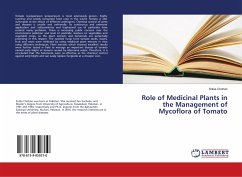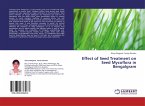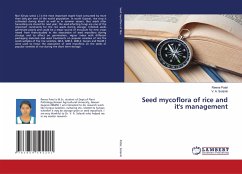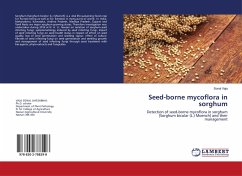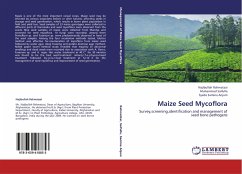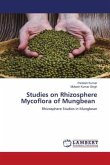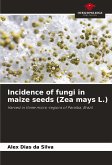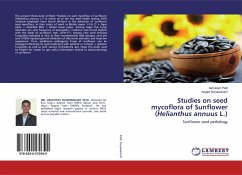Tomato (Lycopersicon lycopersicum is most extensively grown, highly nutritive and widely consumed food crop in the world. Tomato is also vulnerable to the attack of different pathogens. Chemical control of pests and diseases is unsafe and unfriendly. Its continuous and extensive application and indiscriminate and haphazard use of pesticides have created many problems. There is increasing public concern over the environment pollution and level of pesticide residues on vegetables and vegetable crops, so the plant extracts and botanicals are potentially promising in this respect. The isolated fungi from tomato seeds, leaves, fruit and roots were inhibited by using medicinal plant extracts in vitro using different techniques. Plant extracts which showed excellent results were further tested in field to manage an important disease of tomato named early blight of tomato caused by Alternaria solani. Therefore, it is concluded that the botanicals were as effective as the chemical control against early blight and can easily replace fungicide at a cheaper cost.
Hinweis: Dieser Artikel kann nur an eine deutsche Lieferadresse ausgeliefert werden.
Hinweis: Dieser Artikel kann nur an eine deutsche Lieferadresse ausgeliefert werden.

